About the Georgia Coast Atlas
about
Georgia’s coast is one of the most ecologically significant stretches of the Atlantic seaboard. The Georgia Coast Atlas brings together digital media and scholarly content to help educators, students, conservationists, and curious visitors explore it.
what is an atlas?
Since their inception in the 16th century, atlases have performed the dual role of informing and entertaining: bringing a sense of exploration and wonder to readers while teaching them about the world and illustrating its geographic connectivity. In our current era, digital multimodal storytelling and publishing innovations have created new possibilities for engaged, interactive, and multi-layered nonlinear publications. The Georgia Coast Atlas is designed to provide a page-turning experience similar to a traditional atlas, shifting readers between spaces using maps, images, and text.
The Georgia Coast Atlas contains a significant amount of data, but this site is not a data repository. There are several excellent online repositories (like Georgia Tech’s G-CAMP portal) that provide detailed datasets about the Georgia coast, and we encourage you to utilize them.
Open Geographies
The Georgia Coast Atlas is the inaugural project of the Open Geographies initiative, an open-source platform developed at Emory University to build geospatial websites about regions anywhere in the world. The source code is available on our Github page, and we’re currently developing documentation to help others adapt Open Geographies for new projects. If you are interested, reach out via the Contact page in the About menu.




